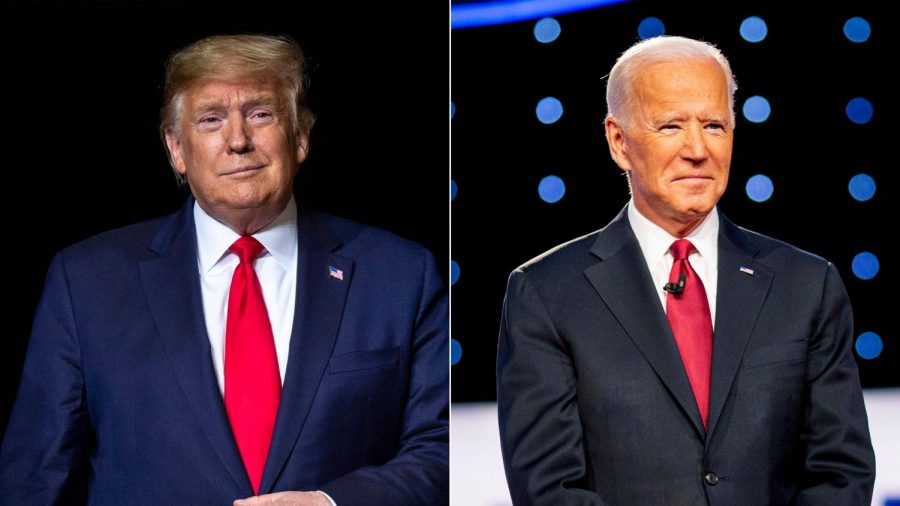Social Media and the Upcoming November Election
September 9, 2020
In the age where everything and anything can be posted on the internet, it becomes a tough thing to handle. The internet is still completely new to us, and there has only been a handful of presidential elections that partake in the use of social media as a way to gain votes and support. Facebook has been an influential site that has been at the center of many controversies including their role in spreading fake news, “which was used to incite a genocide in Myanmar … and their decision not to fact check political ads” (Meisenzahl). As the presidential elections are coming up, Facebook moved to limit voter misinformation and prevent interference from politicians leading up to election day. Facebook plants to strengthen measures against posts that “try to dissuade people from voting” in addition to ensuring that any candidates who attempt to claim a false victory post-election, cannot do so.
Mark Zuckerberg wrote in a post on Thursday, September 3rd that “Advertisers will be able to continue running ads they started running before the final week and adjust the targeting for those ads, but those ads will already be published transparently in our Ads Library so anyone, including fact-checkers and journalists, can scrutinize them.” No new ads may be published in the week leading up to the elections.
To prevent the spread of misinformation, Zuckerberg stated that they are limiting the number of chats you can forward at one time, to avoid mass spreads of misinformation. This strategy has been implemented in WhatsApp already and was found just as effective by the Facebook team.
Both republicans and democrats are having issues with these rules being put into place. It is thought that the pre-election week advertising ban will not do much due to the fact that advertisements that were posted the week prior to the ban will still be available to the public. However, the steps Facebook is taking to prevent misinformation is important to those who use this website as their primary source of information.
In 2016, it was discovered that “false news reports and a Russian operation to influence American voters flowed freely on the platform during the 2016 election.” (Dwoskin). However, this past week alone, Facebook has taken down 13 accounts and 2 pages that were trying to mislead American voters.
This election faces obstacles that have never been faced before, but solutions are coming up every day to ensure that our democracy is safe and attainable to all. Don’t forget to register to vote, and also fact check all your information as you get it.










